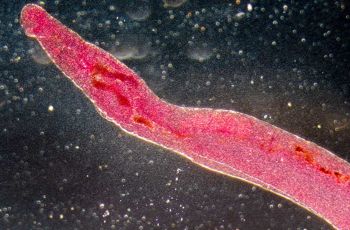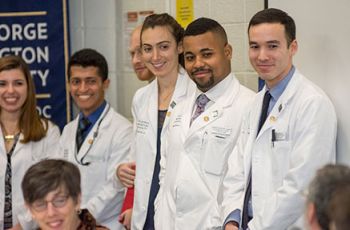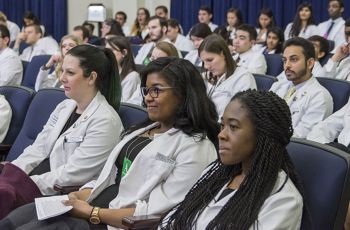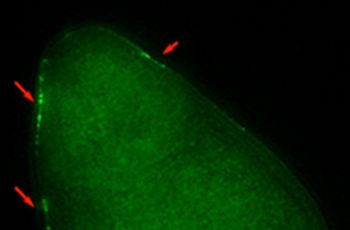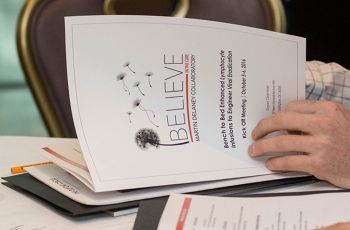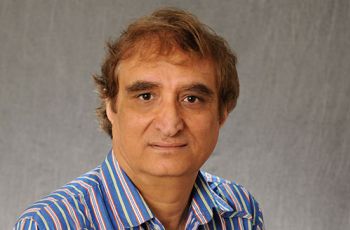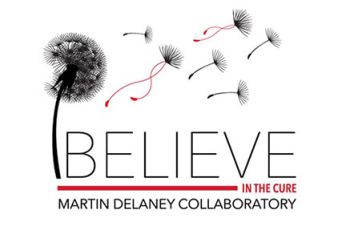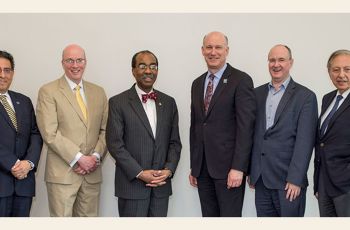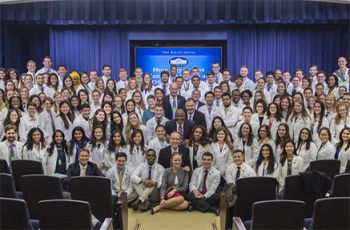HIV-AIDS
Researchers at GW's School of Medicine and Health Sciences investigate how to manipulate the genes of the schistosome parasite to disrupt its ability to survive and infect people.
Innovative proposals from George Washington University M.D. students created during 2015’s HIV clinical public health summit are now part of Washington, D.C.’s new HIV/AIDS Action Plan.
At December’s GW School of Medicine and Health Sciences clinical public health summit, “How Clinicians Can Help Create an AIDS-Free Generation,” first-year M.D. students learned firsthand how they could turn the tide on HIV.
GW researchers received a $2.2 million grant from the National Cancer Institute to uncover why certain cancer types increase whereas others are unchanged or even decrease in those with HIV infection.
Research by Sutas Suttiprapa, Ph.D., Paul Brindley, Ph.D., and others in the Department of Microbiology, Immunology, and Tropical Medicine found a modified form of the HIV-1 virus can integrate into the genome of the parasitic flatworm that causes the disease schistosomiasis. The research was…
Participants in the multimillion-dollar National Institutes of Health BELIEVE grant gather in Washington, D.C. for their first meeting.
Imtiaz Khan, Ph.D., professor of microbiology, immunology, and tropical medicine, published research in the Journal of Experimental Medicine finding a way to regulate chronic toxoplasmosis, one of the most common parasitic diseases worldwide.
Researchers from GW have received a $28 million grant from the NIH to lead an 18-site collaboration, named “BELIEVE,” to find a cure for HIV.
Experts from GW, as well as the Institute of Human Virology at the University of Maryland and the National Institutes of Health, presented on HIV/AIDS and cancer research at the inaugural Scientific Symposium on Viruses and Cancer.
SMHS student groups focused on creative applications of HIV/AIDS prevention, treatment, and care for Washington, D.C., Tennessee, San Francisco, and New York City during the fall 2015 intersession.
